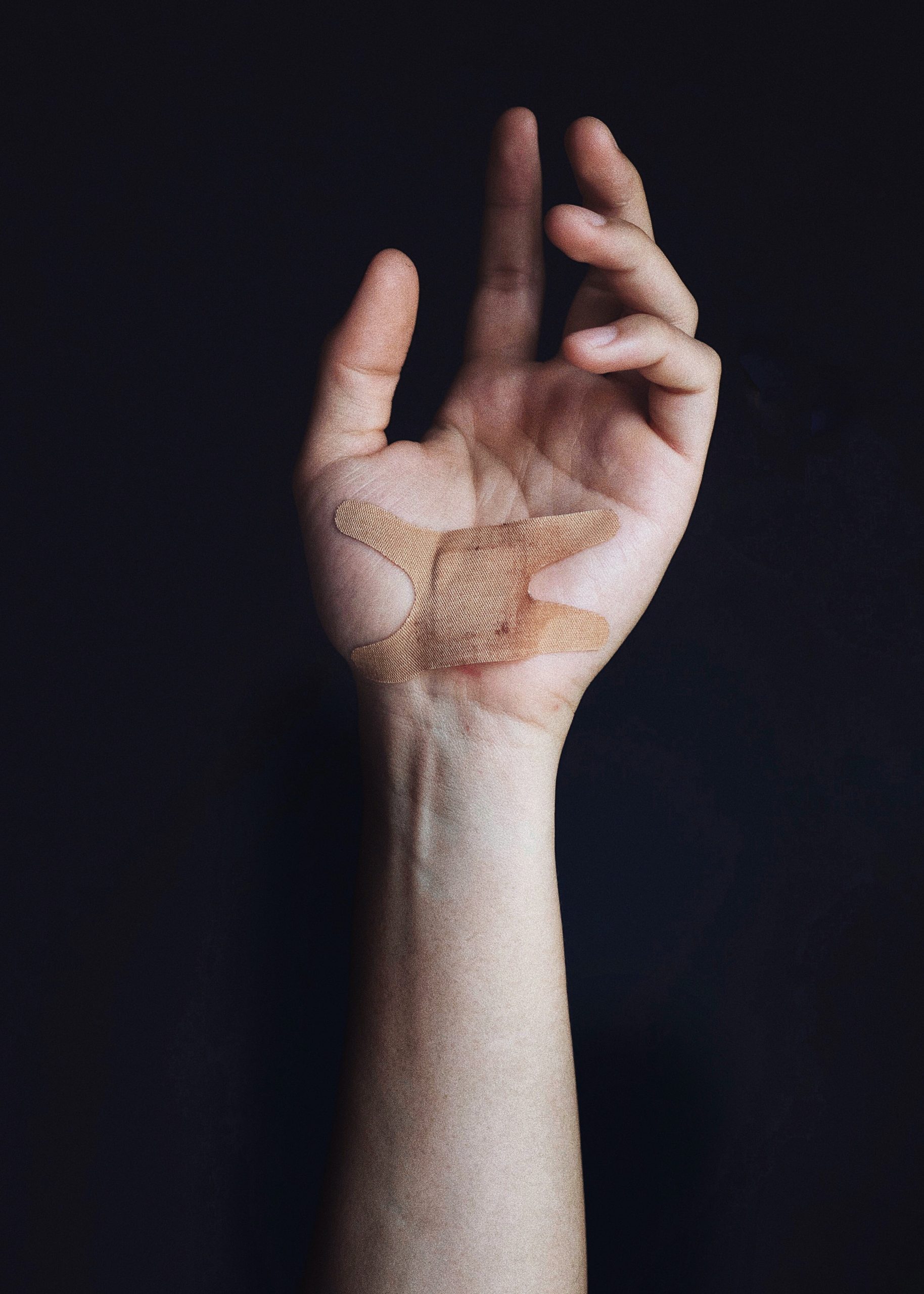Faulty Product Injuries: What to Do if You Suffer an Injury
Written by Cooper & Friedman PLLC on April 6, 2021

It’s easy to overlook the seemingly countless product recalls that we see in the news. Food, car
parts, pharmaceuticals—defective products appear to be just a normal part of daily life. That’s
why most of us never expect to sustain an injury as a result of a faulty product, and may not be
sure what to do should this unwelcome occasion arise.
If you are harmed by a faulty product, whether at work or at home, the manufacturer is held
responsible and you can file a product liability claim. However, there are several steps you
should consider taking to insure the validity and success of your case. Follow along for more
guidance as detailed by a personal injury attorney.
What Makes A Product Faulty or Defective?
To know if you have a legal case, it’s important to understand the parameters of product liability.
There are three general types of defect: Design defects, manufacturing defects, and defects in
marketing.
Design defects are built-in, and can consequently impact hundreds of thousands of products
and consumers. Many class action law suits are built upon demonstrating a design defect.
Manufacturing defects, on the other hand, occur during the production phase of an item, and
therefore typically happen at a much smaller scale. Manufacturing defects are outliers,
irregularities that occur in an otherwise acceptable product.
Finally, marketing defects represent the failure of a company to properly warn customers of any
latent dangers in the product instruction. Companies are legally responsible to provide clear
warning of potential dangers.
Gathering Evidence
If you think you’ve been injured by a faulty product, the first thing to do is to keep it. This can be
hard, especially if you aren’t even aware of the injury until days or weeks later, but you have to
try to keep the product in your possession. It will likely become an essential piece of evidence in
court.
Next, begin to compile documentation. Photos of the injury, product receipts and labels, medical
records, insurance documents—anything connected to the product or injury can provide proof.
Furthermore, collecting your payroll stubs or medical bills can provide evidence of your financial
loss, which can be compensated through litigation. If you’ve suffered from a lasting injury or
chronic illness, these records can be quite substantial.
Even intangible evidence, such as the amount of pain you are experiencing, or psychological
suffering, such as PTSD or depression, can help make your case.
Every piece of evidence will help proof the manufacturer’s negligence, cementing your claim.
Statute of Limitations
After you’ve sustained the injury, it’s vital to take action as quickly as possible. This is because
you have a set amount of time to file your claim, known as the statute of limitations. Although
this time limit varies from state to state, it is typically one year in Kentucky. This means that it’s
in your best interest to go to the doctor for diagnosis/treatment, as well as consult an attorney,
as soon as you’re able. It should be noted that the statute of limitations may vary if the injury
took some time to manifest, such as a chronic disease.
Manufacturers and suppliers can be held liable for injuries that are caused as a result of a
defective and dangerous product. If you believe you or a loved one has been injured by a
defective product or machine, call 502-459-7555 to connect with the experienced injury
attorneys at Cooper and Friedman PLLC today for a free consultation. Our product liability
attorneys will help you seek justice

